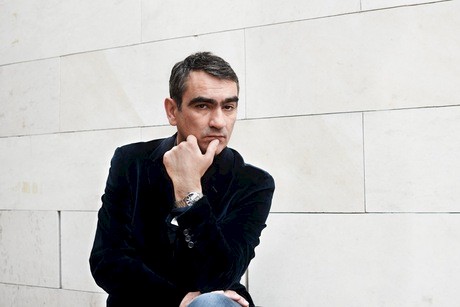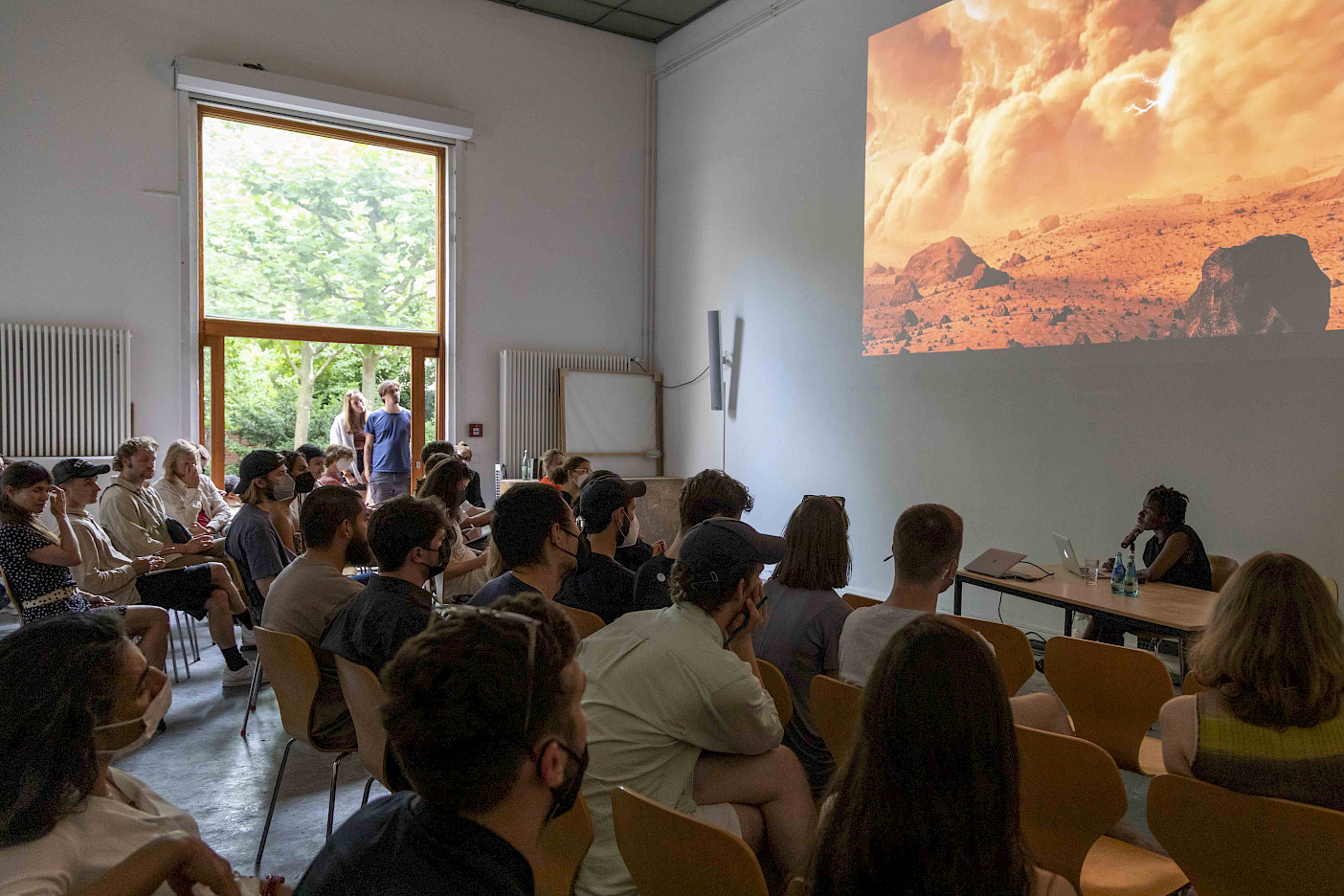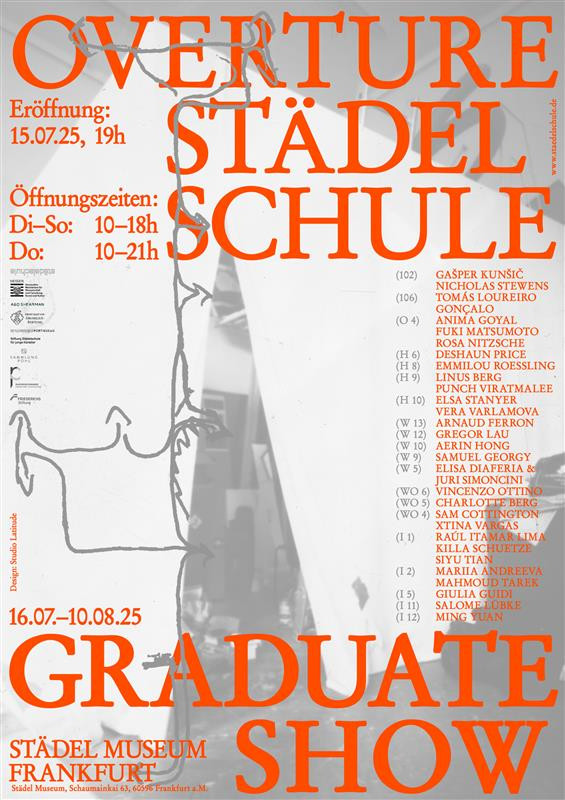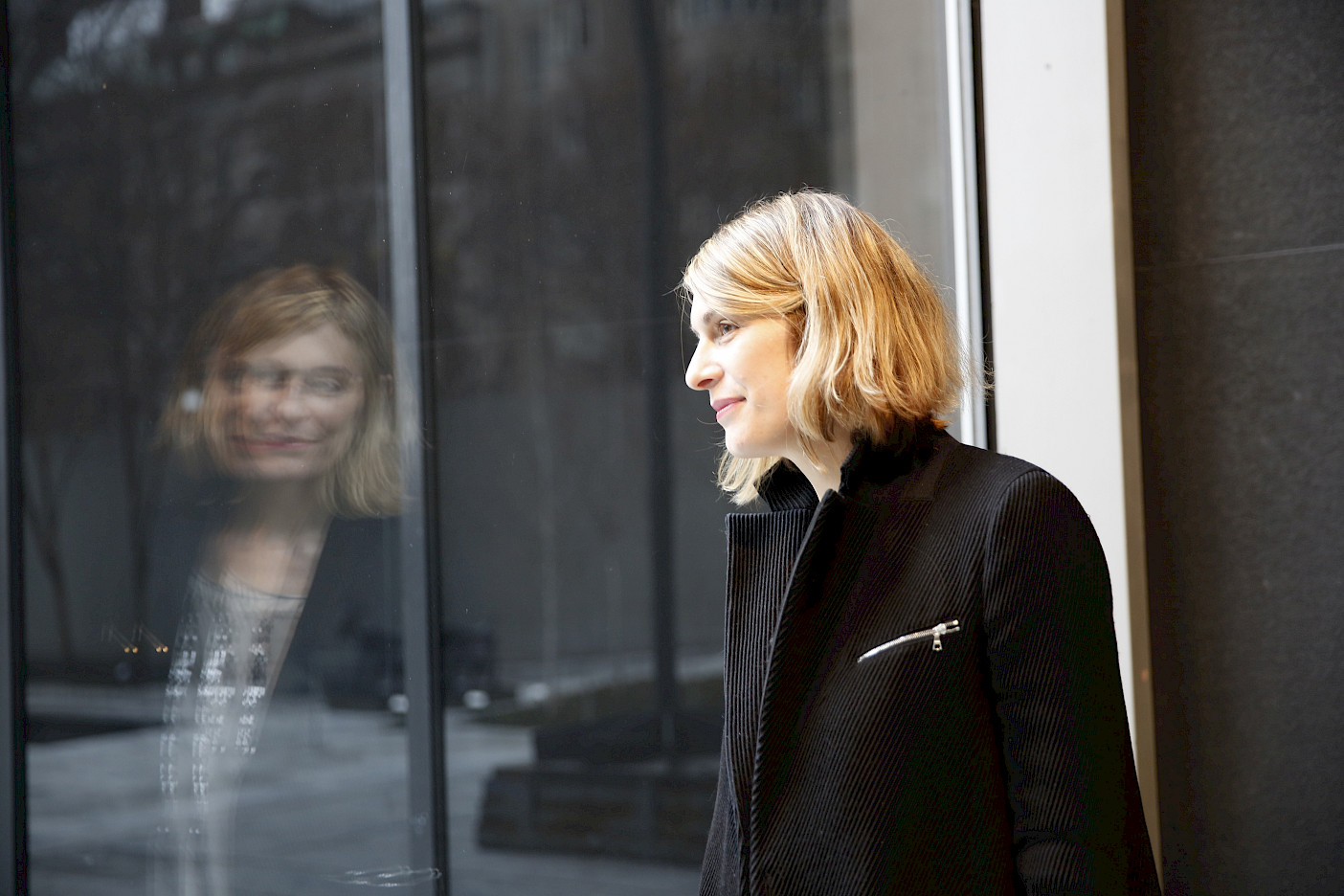Städel Museum, Schaumainkai 63, 60596 Frankfurt am Main
Öffnungszeiten: Di–So, 10–18 Uhr; Do, 10–21 Uhr
Eröffnung: Dienstag, 15. Juli 2025, 19–22 Uhr
Heute
Ongoing
Sommersemester 2025
Information, 22. April – 25. Juli 2025
Overture – Absolvent*innenausstellung
Ausstellung, 15. Juli – 10. August 2025, 19:00
Demnächst
Ana Janevski: Looping, Relaying and Echoing. Three Curatorial Strategies
Vortrag, 16. Juli 2025, 19:00
Tanya Lukin Linklater: _structural_flex_
Vortrag, 8. Juli 2025, 19:00
Florence Jung: Doing nothing?
Vortrag, 24. Juni 2025, 19:00
Rabih Mroué: Shot/Counter Shot. Rethinking the Reverse
Vortrag, 17. Juni 2025, 19:00
Adir Jan & Emrah Gökmen: An den Ufern des Munzur, an den Ufern des Murat
Konzert, 12. Juni 2025, 20:00
Miloš Trakilović: Love Songs & War Machines
Vortrag, 10. Juni 2025, 19:00
Anna Roberta Goetz: 36. Bienal de São Paulo. Not All Travellers Walk Roads / Of Humanity as Practice
Vortrag, 3. Juni 2025, 19:00
Jimmy Robert
Vortrag, 27. Mai 2025, 19:00
Klein: No Degree, No Budget, No Problem
Vortrag (20.5.) Konzert (21.5.), 20. – 21. Mai 2025
Julian Irlinger: Reanimation and Reconstruction
Vortrag, 13. Mai 2025, 19:00
İmran Ayata & Bülent Kullukçu: Songs of Gastarbeiter
Music Lecture, 8. Mai 2025, 19:00
Enzo Camacho & Ami Lien: Langit Lupa (Heaven Earth)
Filmvorführung (5.5.) Vortrag (6.5.), 5. – 6. Mai 2025, 19:00
Helen Marten: Animal Hours
Vortrag, 29. April 2025, 19:00
Bewerbung: Masterstudiengang Curatorial Studies – Theorie – Geschichte – Kritik
Bewerbung, 10. April – 31. Mai 2025
Vorlesungsfreie Zeit Frühjahr 2025
Information, 14. Februar – 21. April 2025
Water Cooler Talks 2025
Veranstaltung, 8. – 9. Februar 2025
Rundgang 2025
Ausstellung, 7. – 9. Februar 2025, 10:00–20:00
Trisha Donnelly
Vortrag, 30. Januar 2025, 19:00
Kerstin Brätsch: Parasite Painting
Vortrag, 28. Januar 2025, 19:00
Emma Enderby: Curating in and out of Place
Vortrag, 14. Januar 2025, 19:00

Nicolaus Schafhausen: On Democray and Biennales
What does the formation of a Biennale really mean? How can the function of a Biennale act to bridge the historical past with ideas for the future? Nicolaus Schafhausen will discuss his recent curatorial project The 6th Moscow Biennale 2015.
How do international art events transgress the boundaries of art and into the field of politics and international relations? Biennales connect nation states and cultures of the world. The Bienniale should be a public space for art, in other words, a space where art and thinking may resonate, propelled by their initial momentum, but pushing beyond this. If there is anything specific about the Bienniale, it is in the fact that it is bluntly radical, in the original sense of the word; it wants to go back to the roots of what we all continuously aim for, at least in principle. It is a space that is not defined by its apparatus, its architecture, its titles and the themes and rhetorics surrounding it. It is a space that comes into existence continuously, in a multitude of moments that we may grasp or fail to grasp, in any of the gestures and thoughts that are unfolding like a dance, weaving potential into shreds of possibility.
Nicolaus Schafhausen is a curator, director, author, and educator. He is Director of Kunsthalle Wien and a Visiting Lecturer at HISK, Higher Institute for Fine Arts, Gent. He is currently on the Board of Directors at Fogo Island Arts, where he has served as Strategic Advisor since 2011. Fogo Island Arts is an initiative of the Canadian Shorefast Foundation to find alternative solutions for the revitalisation of an area that is prone to emigration. Schafhausen has curated a number of international festivals and exhibitions such as “Media City Seoul” 2010 or the “Dutch House” for the Expo 2010 in Shanghai. In 2007 and 2009 he was the curator of the German Pavilion for the 52nd and 53rd Venice Biennale, and for the 56th Venice Biennale he curated the Kosovo Pavilion in 2015.
Der Vortrag findet in englischer Sprache statt.


